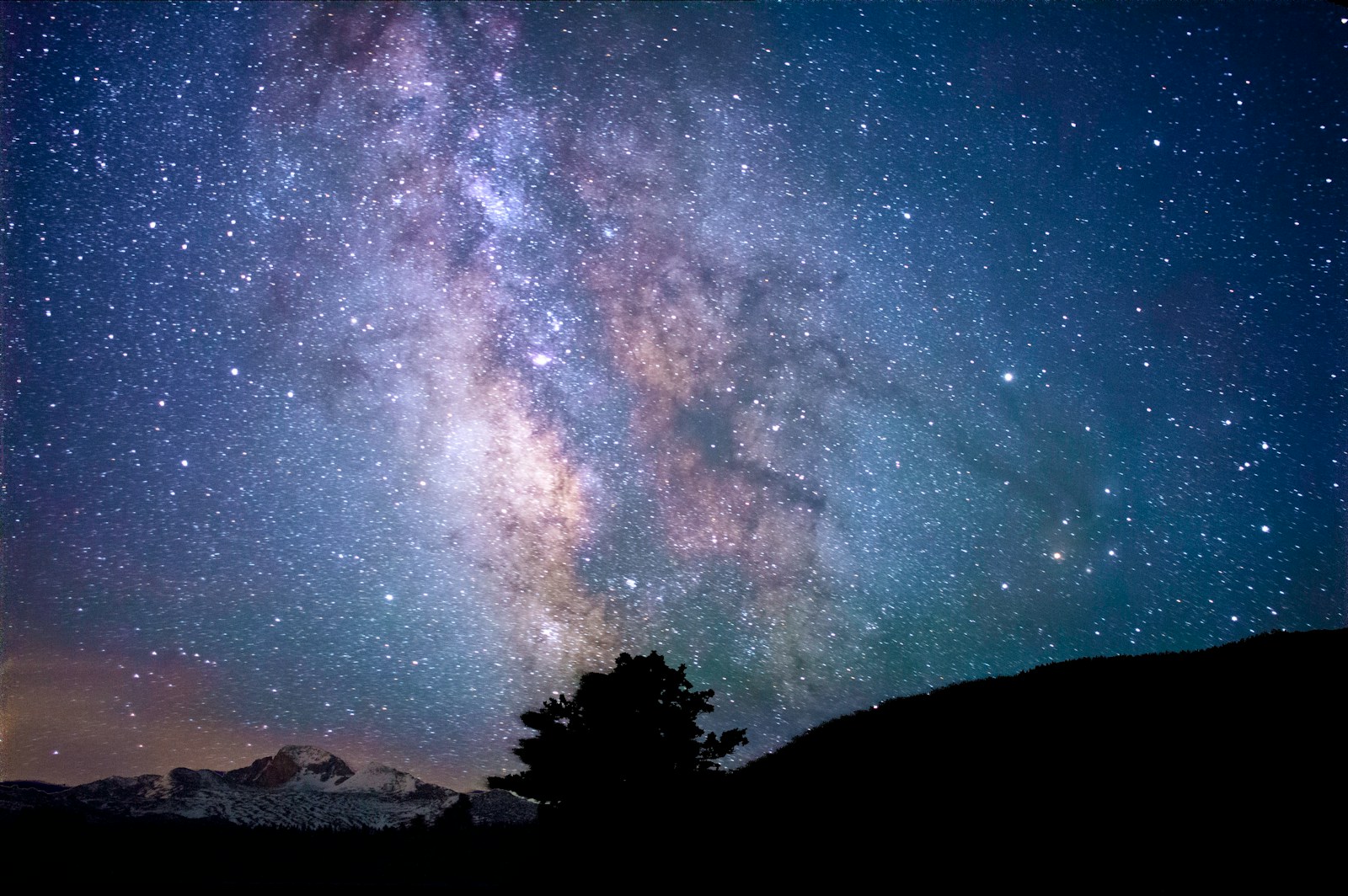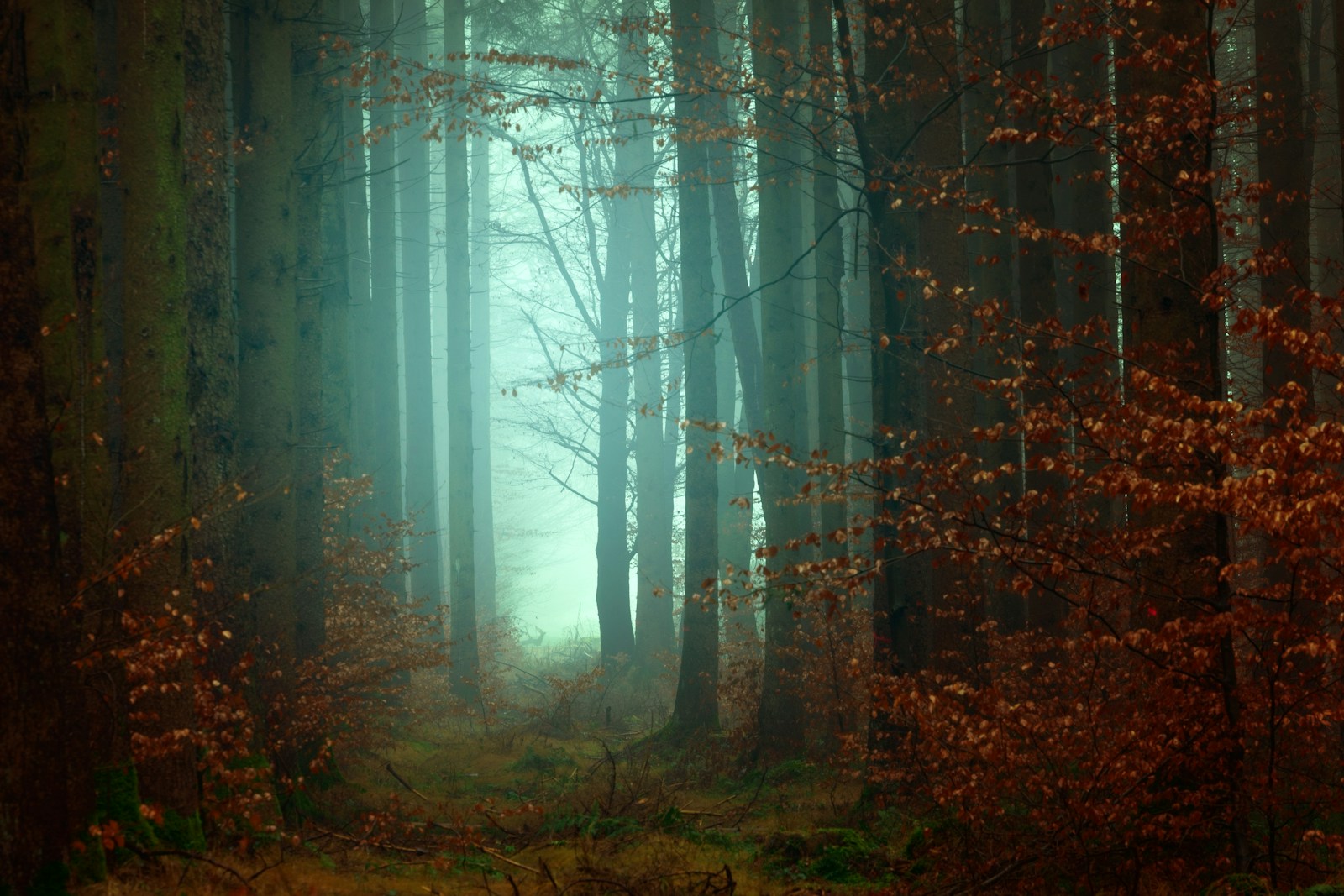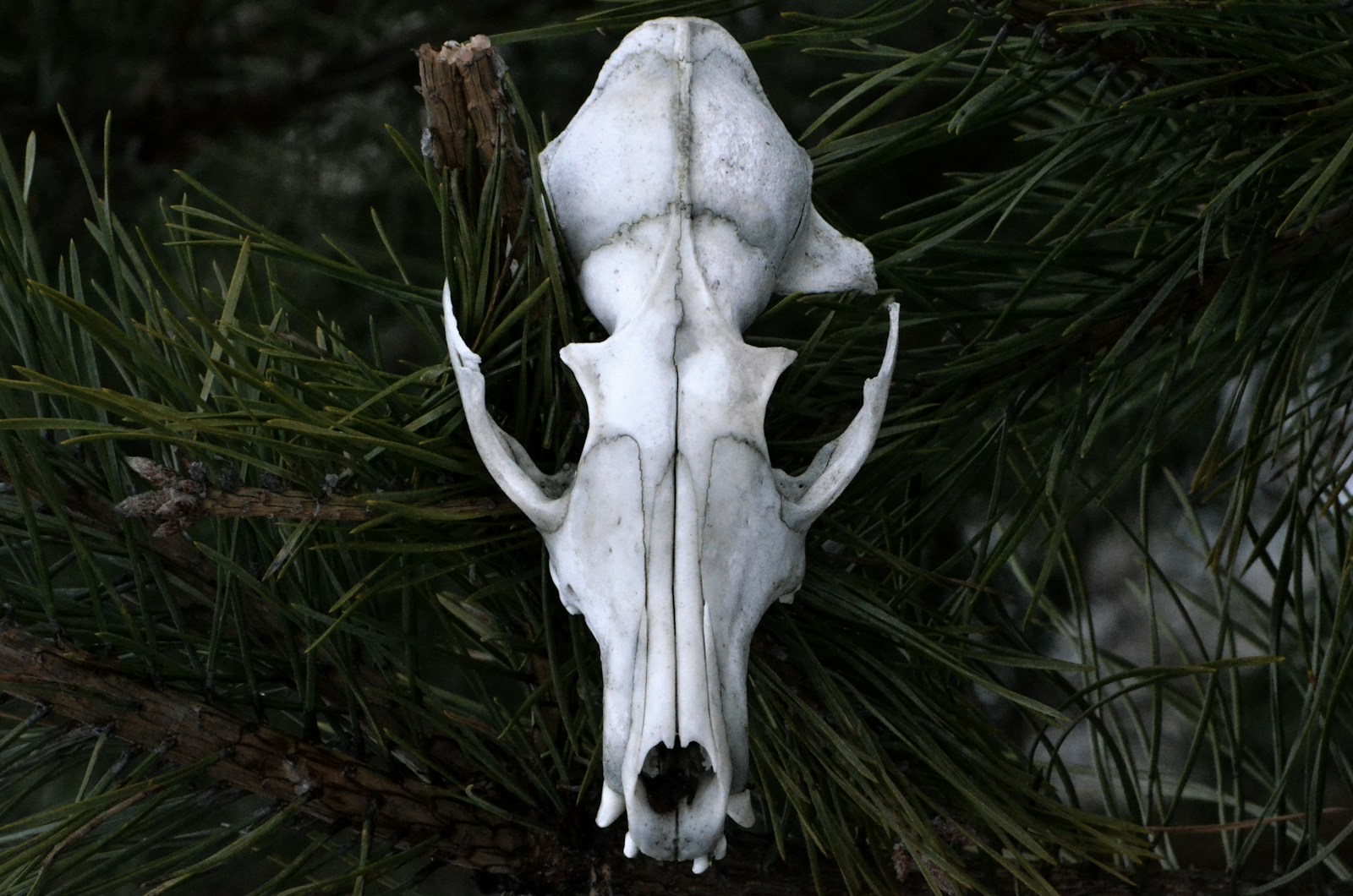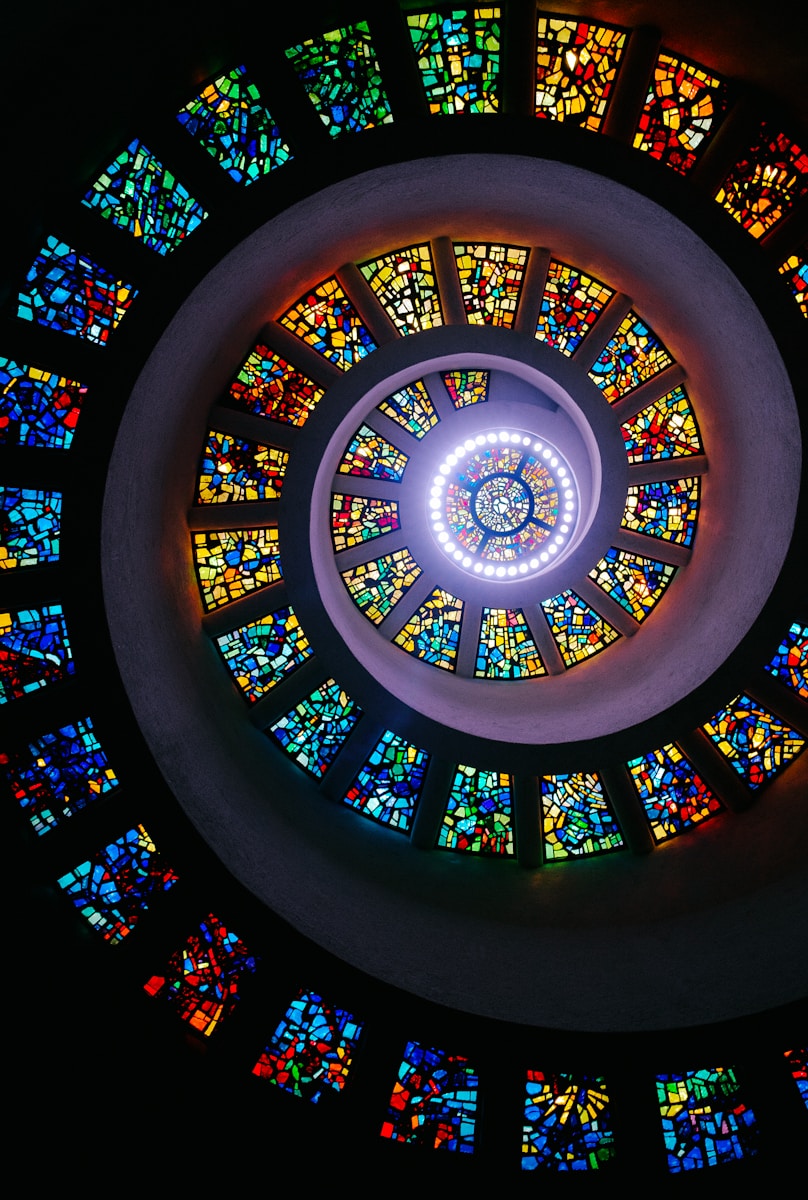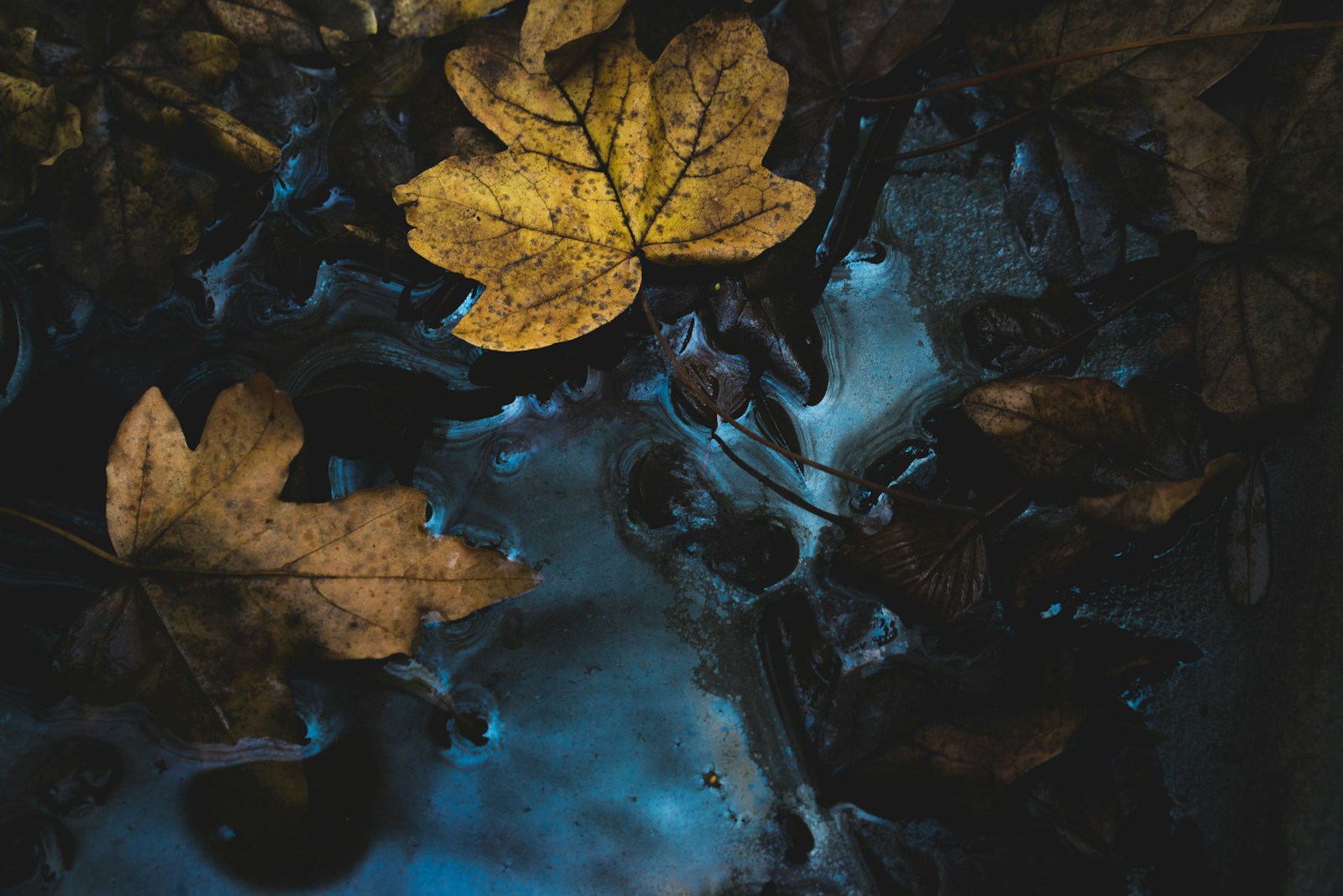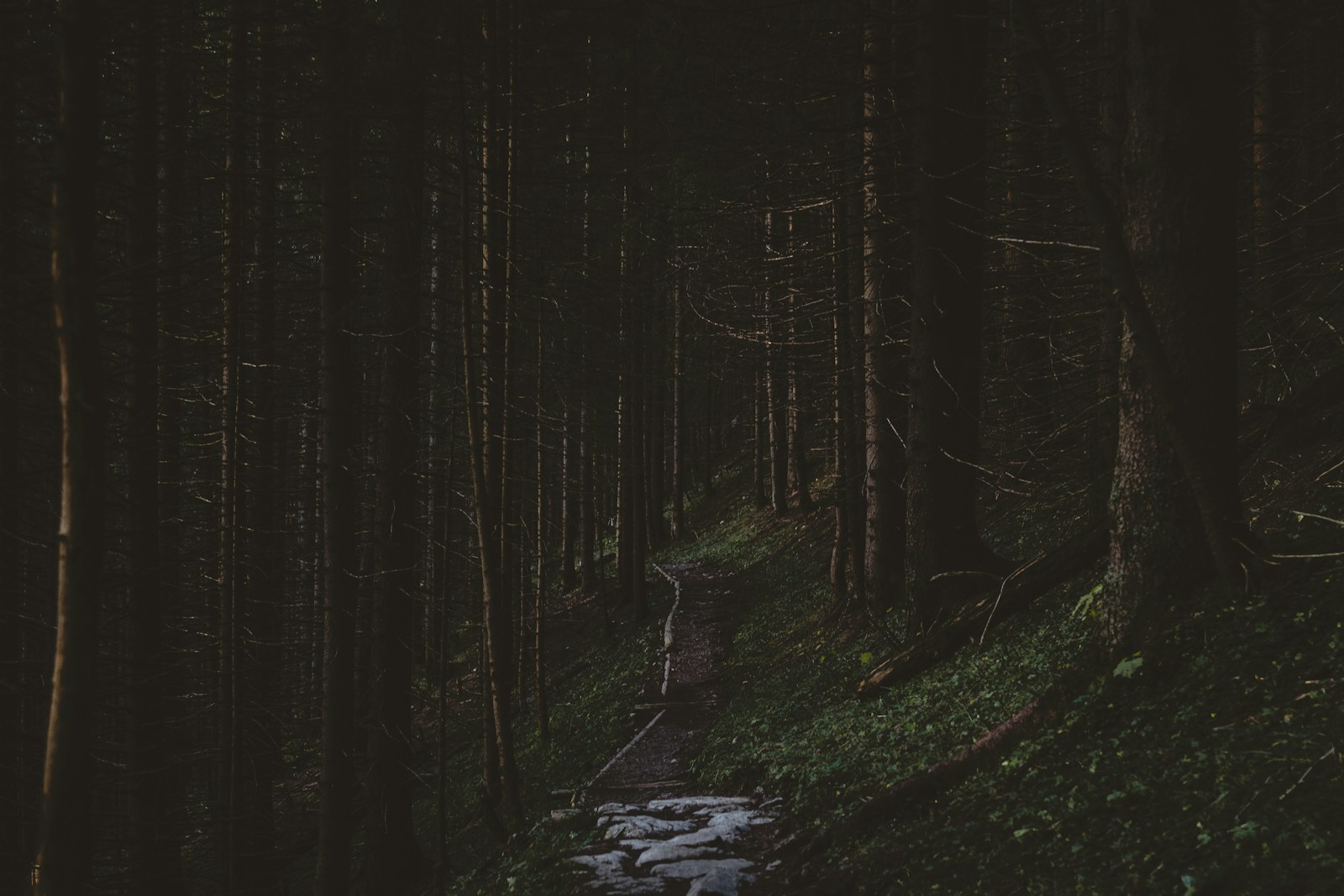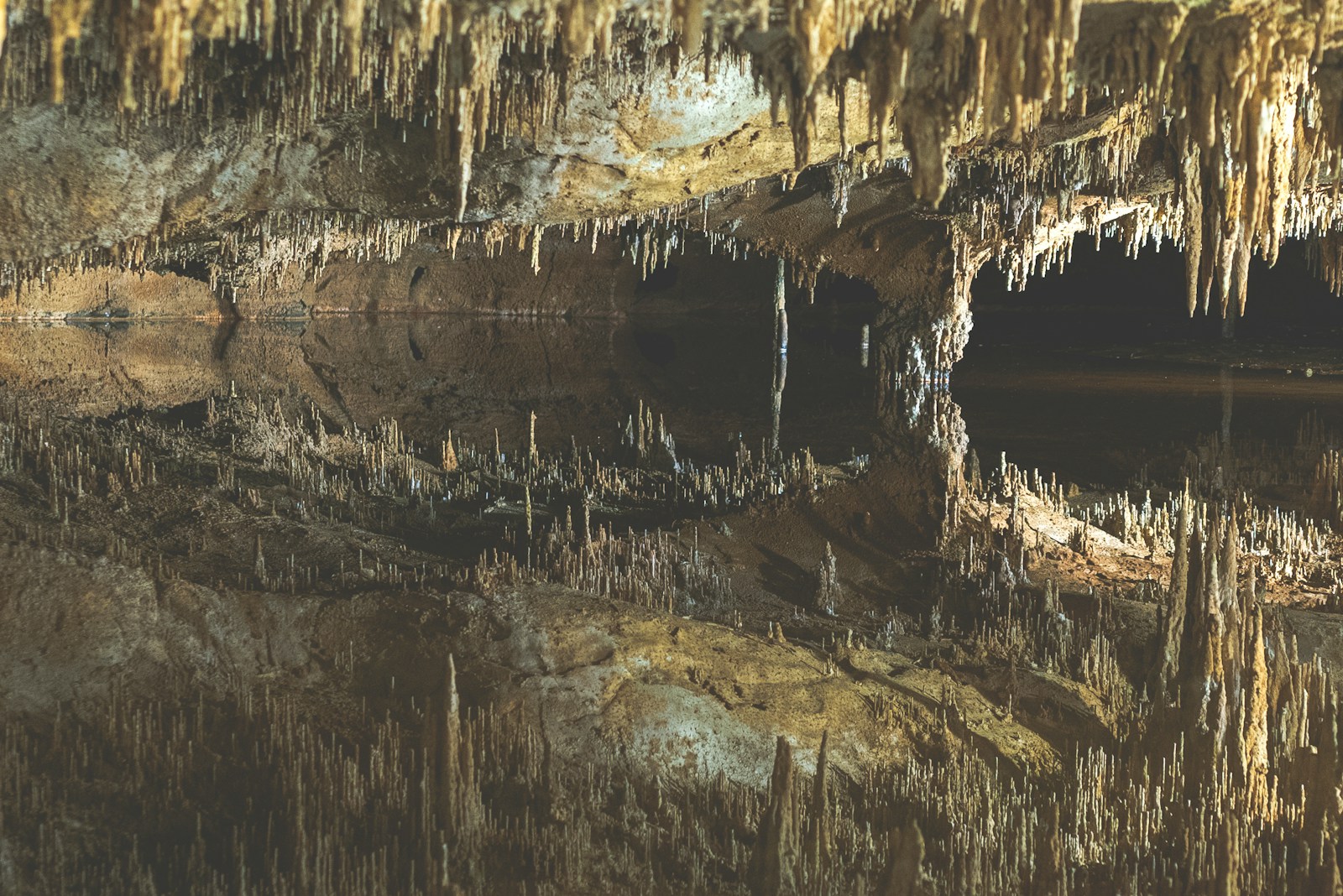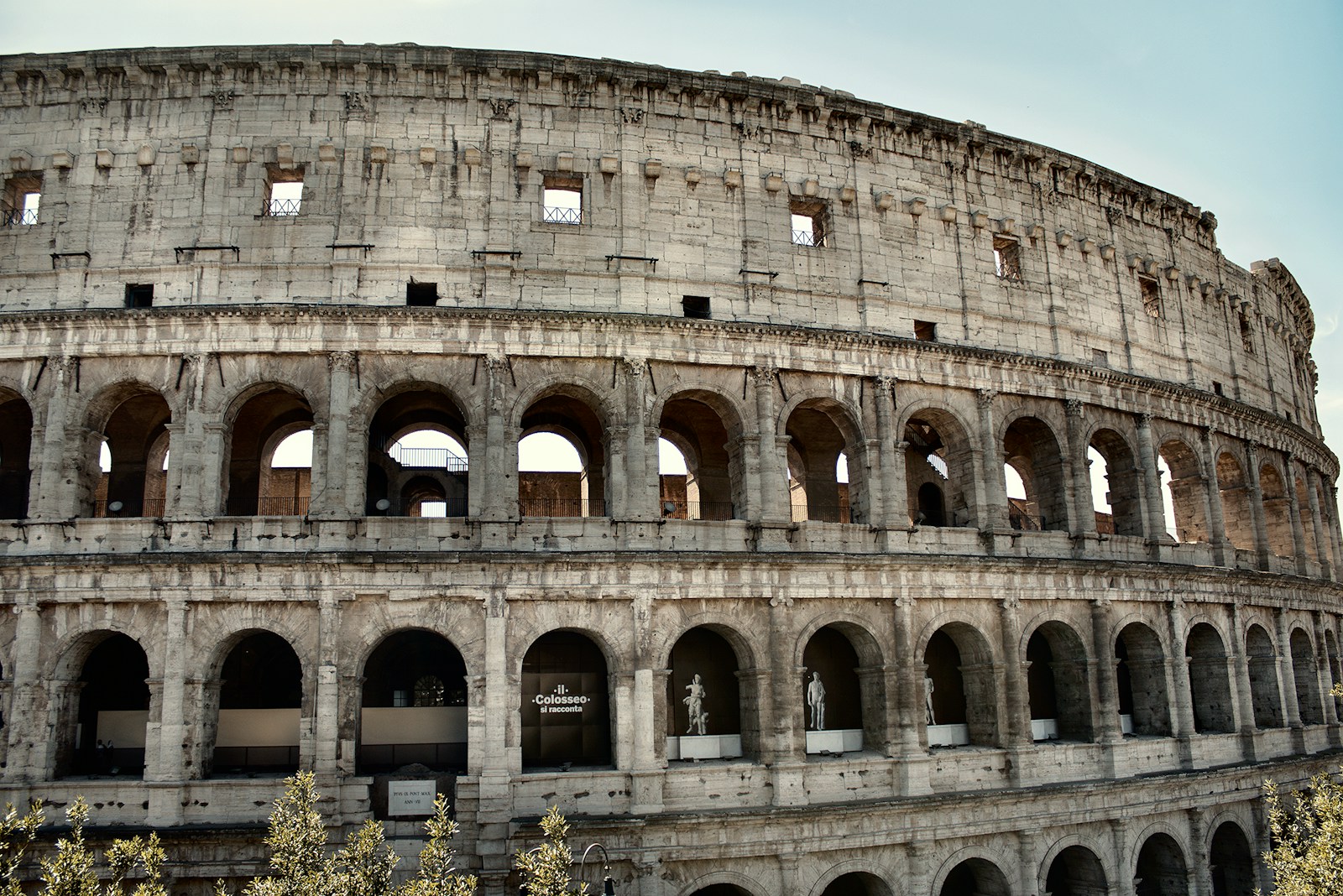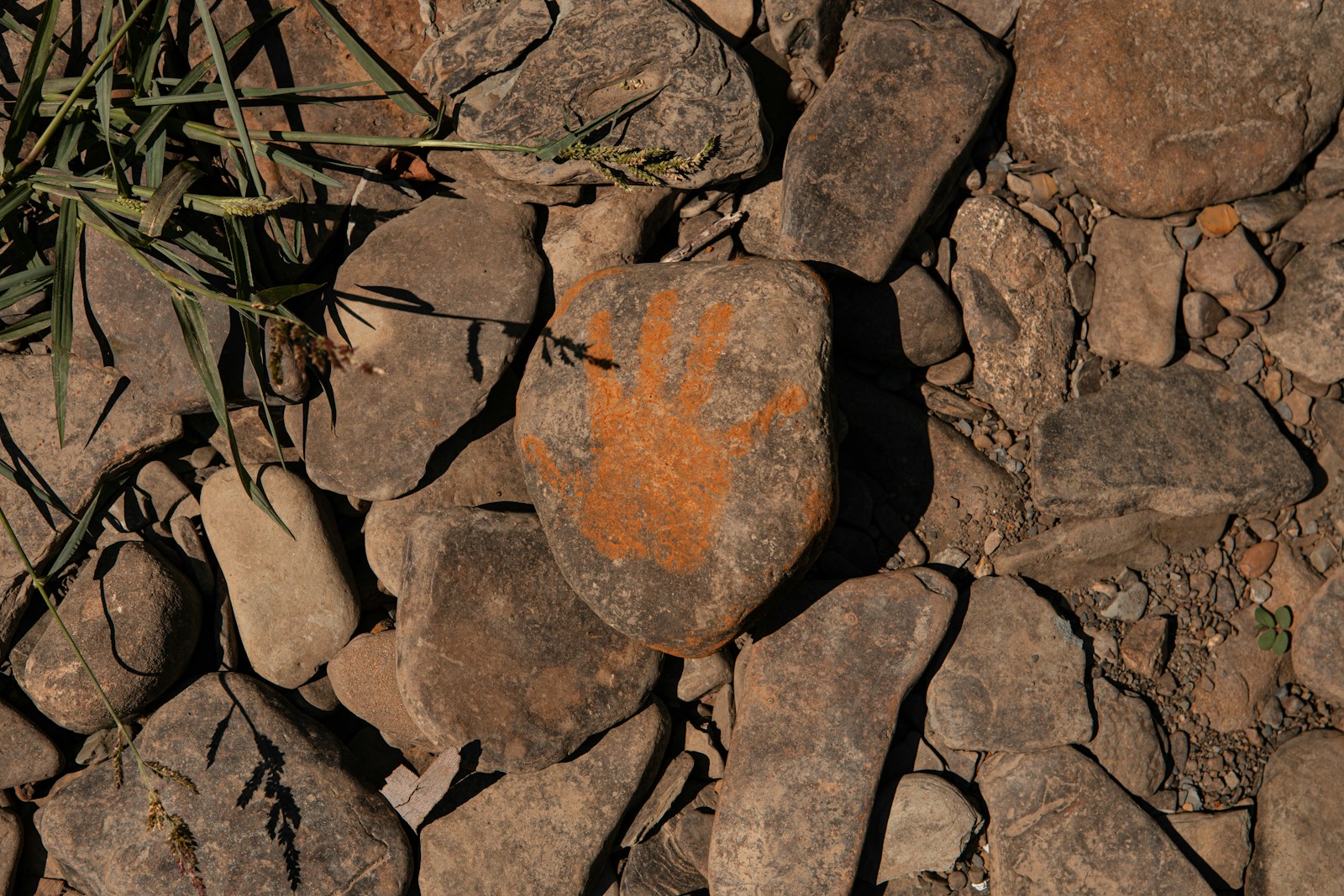In a recent interview on the Upstream podcast, author and philosopher Roman Krznaric shared insight into how the dominant culture's expansive colonization extends not only geographically, but temporally. "The tyranny of the now," or the short-term thinking so ubiquitously incentivized and enforced by financial markets, 24/7 media, digital consumption, political campaign cycles, workplaces, and even unassuming technologies like the clock, leads us to obsess over the immediate at the expense of the future. This neglect of future human and more-than-human lives and communities informs our cannibalistic economics and layered ecological crises. If we tend to view the future as a receptacle for our current "externalities", and if we consume now the resources and ecosystems future generations will need, then we are stealing wealth from the future to enrich us now: we have colonized the future.
Perhaps, then, we should consider what it would mean to decolonize the future. How can we be good ancestors for all those who will follow us? Join us on this collaborative EcoGathering, where we'll explore the implications of Roman Krznaric's conversation on Upstream.
